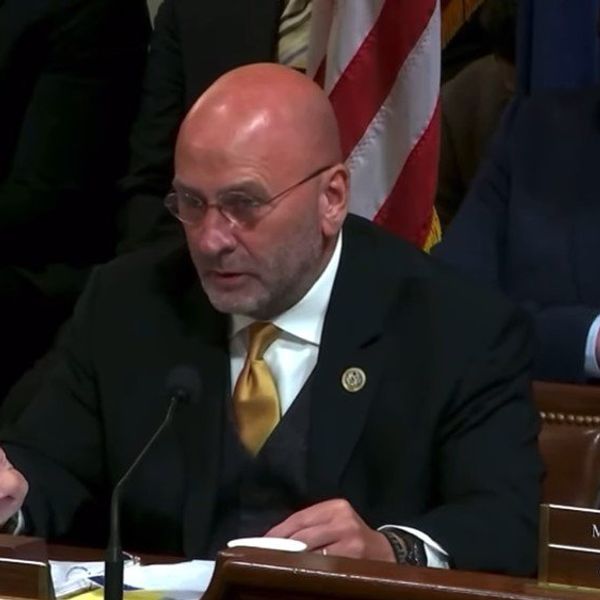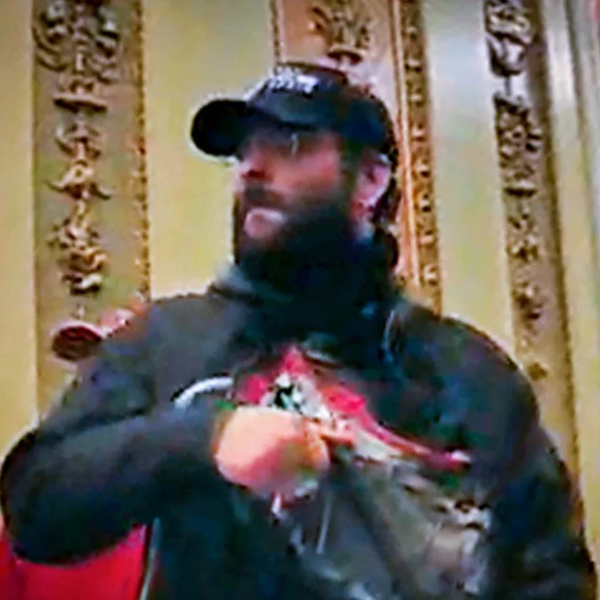
Reprinted with permission from Creators.
Texans are great believers in free enterprise, private property and small government. They elect leaders who uphold individual responsibility and give people the opportunity to make money through their own initiative.
So it came as a surprise to hear Texas Attorney General Ken Paxton threatening state interference in the workings of supply and demand. Some sellers have been using the disruption caused by Hurricane Harvey to raise prices on goods and services (such as bottled water and hotel rooms) that are suddenly more valuable than they were before. But Paxton is not having it.
“These are the things you can’t do in Texas,” he announced. “There are significant penalties if you price-gouge in a crisis like this.”
It’s rare to hear a Texas politician say there are things you can’t do in Texas, and the response you would expect to hear from Texans is, “The hell I can’t.” A Cato Institute analysis found it to be “one of the economically freest” states. There are highways with a speed limit of 85 mph. Open carrying of guns is allowed. Houston doesn’t even have zoning laws.
Price gouging should not offend Texas norms. It’s a sound response to a huge increase in demand for essentials. It discourages hoarding, encourages a rapid increase in supplies and rewards those who had the foresight to prepare.
And if a store gets greedy, it can be punished by consumers who will boycott once the emergency is over. There’s no need for state intervention.
Until last week, at least, a lot of people in my native state would have agreed, on the theory that the best government is the least government. That theory has paid off in low taxes, strong economic growth and cheap housing.
The prevailing attitude manifests itself in individuals who spontaneously got in their boats and trucks to help hurricane victims. A prime example of the Texas ethos is contractor Max Rinche. Speaking with neighbors while checking the damage on his block, reported The Wall Street Journal, he said, “If you got tools, use ’em. If you’re breathing, you can work. This is Rockport. We’ll be fine.”
There were also the mounted cowboys who rescued stranded horses. One said proudly, “There ain’t been a dollar paid and there won’t be a dollar paid to none of this.”
But there will be dollars paid to restore what the storm wrecked — upward of $125 billion if Texas Gov. Greg Abbott has his way. Texas Sens. John Cornyn and Ted Cruz, both Republicans, voted against a 2012 bill providing just $60 billion to pay for the damage done in the Northeast by Hurricane Sandy. Today, they are not feeling so frugal.
Their hypocrisy doesn’t make the relief less necessary. But this is one of those events that should make people reconsider the appropriate role of government.
That lightly regulated homebuilding contributed to the flooding. Developers have paved over thousands of acres of wetlands that could have absorbed some of the water. Ignoring the side effects of the loss kept housing cheap, but it also exacted an unseen price that is now painfully visible.
Local governments may have to start guarding against such consequences, even if it means more regulation. State leaders may dismiss the human contribution to climate change, but the state will have to combat the dangers it presents to coastal communities.
Texans, like conservatives elsewhere, often regard government aid as the enemy of private charity and volunteerism. In fact, neither is adequate on its own. The Federal Emergency Management Agency isn’t set up for livestock rescue. The guys on horseback aren’t much use to the homeowners who need funds to restore their dwellings.
Public and private remedies should be complementary, not contradictory. Karl Smith, economic research director of the libertarian Niskanen Center in Washington, argues, “Both stem from the basic impulse to protect people in need.” The question should not be whether the government has a legitimate role in helping the unfortunate. The question, says Smith, is, “What’s the most effective way to do that while ensuring the maximum amount of freedom?”
The very conservative Cruz once said, “When my father came over here penniless with $100 sewn into his underwear, thank God some well-meaning liberal didn’t come put his arm around him and say, ‘Let me take care of you.'” Right now, Texans could use some well-meaning liberals in Congress. A lot of Cruz’s constituents are finding that their preference for limited government is not unlimited.
Steve Chapman blogs at http://www.chicagotribune.com/news/opinion/chapman. Follow him on Twitter @SteveChapman13 or at https://www.facebook.com/stevechapman13. To find out more about Steve Chapman and read features by other Creators Syndicate writers and cartoonists, visit the Creators Syndicate website at www.creators.com.








